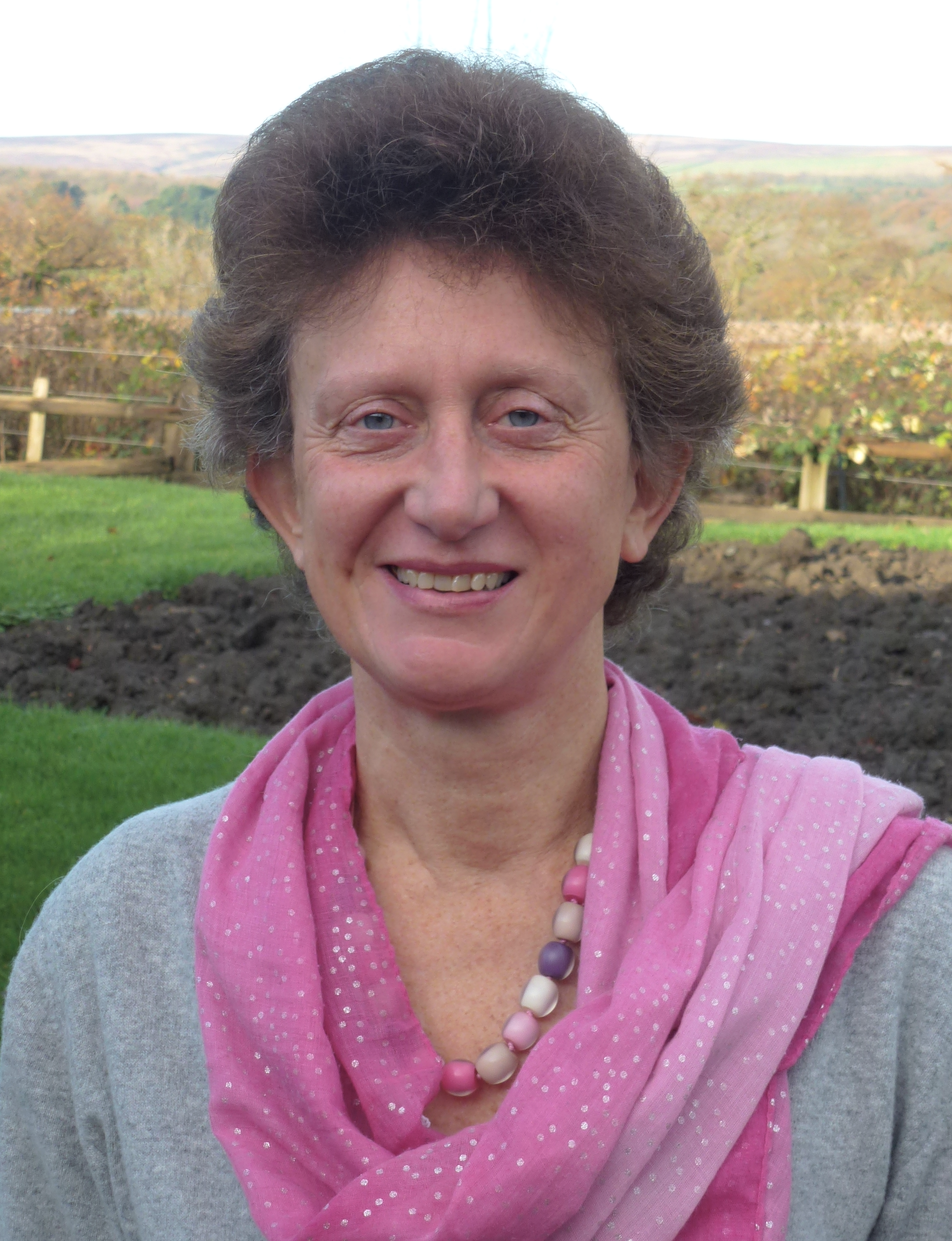"I hate sitting around making New Year's resolutions and I can't see why you waste your time doing it!"
My partner has very clear views about New Year's resolutions, and I have to acknowledge that he doesn't seem to need them: if he feels like eating less, he eats less, more exercise, he takes more exercise, getting out more, out he goes. His views are shared by at least 50% of the population. So why do I think they are a good idea?
I enjoy sitting down and reviewing the year that has gone by. I enjoy reading my aspirations from last year, and reflecting on the extent to which I have followed them. I like bringing intention to my life and possibly a deluded sense of control. I like the sense of hope and possibility. I want to make sure that I am making the most of my life, and the relationships around me: my family, my local community, being as loving and as constructive as I can be.
I particularly enjoy thinking about these resolutions with close friends. Sharing our reflections and aspirations helps to validate both them and ourselves. My partner sits this one out.
How long has humanity made resolutions?
When we review the year, and reflect on our priorities for the coming year, we are following a version of a thousands-of-years-old practice. The ancient Babylonians sacrificed to the Gods in gratitude for the year passed. They would then reaffirm their loyalty to their King, and make promises to the Gods to clear their debts and live a better life. The Romans sacrificed to Janus Greek name Saturn , the two-faced God that looks backwards to the past and forwards into the future.
This sense of giving thanks for the past, and promising to do better in the future was formalised in Christianity by John Wesley in 1740 with his Covenant renewal service, held at the New Year.
As well as keeping the Gods on our side, we humans need to break our life into chapters, to see our life moving through different stages: creating a landscape for our autobiographical narrative. We seek opportunities for fresh starts to open a new chapter, to reframe our stories and change direction. Dates that mean something to us; such as the New Year, the start of a new term, the first day of spring, all help us to do this.
What resolutions do people make?
The most common resolutions are to eat more healthily, exercise more, and spend less money, in different orders of preference depending on age, gender and location.
I use my New Year review as a realignment with my internal compass, to check how I am I living my values, to what extent I am expressing my values in the world. I use three columns, one each for things that:
- I want to stop doing or leave behind, e.g. fear-based thinking, comparing myself to others. ,
- I want to continue or increase doing e.g. more writing, more spiritual development and
- I want to start doing all sorts of hopeful stuff!
I'm asking myself where my priorities lie for the year ahead, and how I can best resource myself to meet them.
Do people keep their resolutions?
A 2014 study into why people failed their resolutions found that 35% said they had unrealistic goals, 33% didn't keep track of their progress, 23% forgot what they had resolved, and about 10% felt they had made too many resolutions.
Reviewing my own notes, I don't see a lot of progress in the first column (do less of…) , seem to have done well in the second (continue or do more of) and had limited success in the third (new things). It looks like I have made some classic mistakes.
How to make resolutions that work
You can make your resolutions in such a way that they are more likely to work.
- Make sure they matter to you and align with your values
- State them in the positive: we are more likely to achieve something when we approach rather than avoid it. My first column (of things I want to less of) therefore needs translating to a more positive description, e.g. "less fear based thinking and comparison to others” to “ more love and trust, feeling more self-confident and self-compassionate”. Describing your goal positively is also a good reality check.
- If your goal is rather intangible, e.g. being more self-compassionate, or being kinder to your partner/teenager/cat, work out how you will know you are doing it – maybe asking them as well. This is an important part of living your values.
- If you are setting yourself a challenging goal, break it down into steps so that you can start straight away, and can see your progress.
- Check in with your progress as you go through the year: keep your list somewhere handy so that you can refer back to it.
- Don't set too many resolutions: prioritising is important, so if you have a long list, work out which ones go together and which are most important to you. I got a bit carried away with my third column of new things!
If you are very specific about your goals, can imagine achieving them, and they are realistic for your capacity and timeframe, you are more likely to reach them. I like making broad statements in my resolutions, but where I have had specific ambitions, I notice that they do seem to come to pass. I trust the process of setting an intention, and offering it to the world.
So, if you are in the 40% that do enjoy making resolutions, find some others to share this process with, settle yourselves down to review the passing year, recognise what is working in your life, and focus on what is most important to you. It matters that we do what we believe in, so choose your challenge!
Happy New Year!

